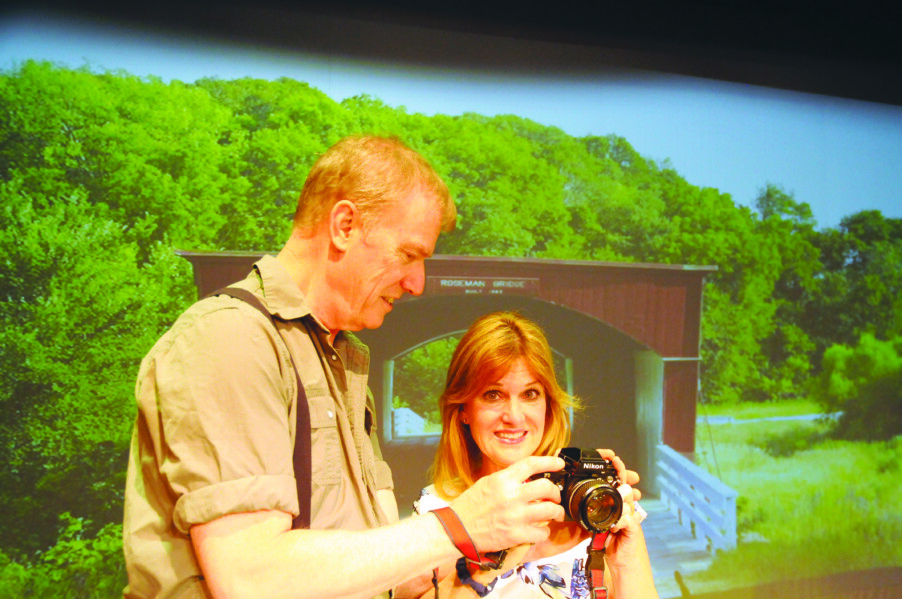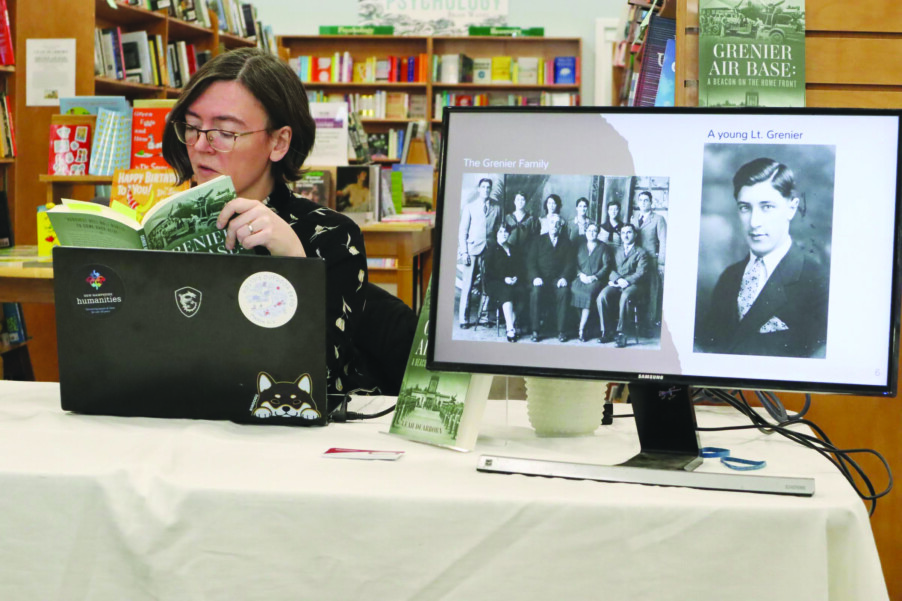David Wilcox performs in Manchester
A lot of David Wilcox’s fans consider him a musical minister, his songs providing spiritual grounding as they rhyme and dance.
“If I feel hollow, that’s just proof there’s more for me to follow,” he offers simply in “That’s What the Lonely Is For,” a touchstone track from his mid-’90s gem, Big Horizon.
A fitting way to describe Wilcox’s approach to songwriting is “Language of the Heart,” also a song title from his major label debut, How Did You Find Me Here? In a recent phone interview, he likened his craft to bailing water from a boat. “Because the alternative is death,” he said. “It is purely self-preservation.”
Even if the world isn’t clamoring for another song, “What I need is to check in with my heart so that I stay current with my grieving and it doesn’t build up a backlog or break the dam,” he continued. “It’s a fun excuse; I pretend I’m being an artist, but really I’m just tending to my emotional buoyancy.”
In 2016, Wilcox began helping his fans process their emotions through his music via a bespoke song service. “I’ve kind of applied my songwriting talents to other people’s hearts and stories … that’s a fascinating thing for me,” he said. “I’ve done more than 70 of these custom songs now, and they’re all so specific and unique.”
The process begins with Wilcox spending an hour on the phone talking to a prospect, who is usually looking for a unique gift.
“To see if I can get to the heart of the song, I ask quirky questions, like, ‘What are some things on your shelf that have a story that would really take a while to tell?’ or, ‘What’s a thing you’d reach for if the house was on fire?’”
Testimonials to Wilcox’s Custom Built Songs fill the service’s web page.
“David has a keen ability to take a conversation and turn it into art,” said a customer named Bob, who surprised his wife on their 17th wedding anniversary with a Wilcox-penned ode to the rainforest. “He listened to our story and turned it into a beautiful song that we will enjoy for the rest of our lives.”
Writing in response to stories he’s heard is how, as a young introvert, Wilcox began his musical journey. “Someone would say something to me, and it would take me a day of sort of gathering my answer musically. Then I would come back, and I would sing them a song that showed I was listening. I did feel what you were saying.”
The spirituality in his music is the product of a wide open and still ongoing search for meaning, and words to express it.
“What I got growing up was a mystical sense that life is more interesting than it appears,” he said. “I was trying to find language for that because I was raised with no tradition at all. And that was a great way to come up, because I got my mystical sense first before I had any dogma or any stories.”
It’s not rooted in any specific dogma or belief system.
“I speak a lot of languages spiritually, and I am comfortable in a lot of settings. If people saw me coming out of some buildings, they’d say, ‘What the hell are you doing in there?’ I have prayed at the Al-Aqsa Mosque in Jerusalem,” he said, adding, “The fact that three religions landed in the same city on the same rock, I don’t consider that an accident. I consider that divine comedy.”
Wilcox has made 18 studio albums, starting with the independently released The Nightshift Watchman in 1987. His latest is 2023’s My Good Friends. His creative process is a blend of self-therapy and mysticism. “I call it metabolizing old pain. You take it apart and find that it’s made of discomfort, but mostly it’s … yearning, which has a sacredness. [It] comes from an assumption that life should be better, that you’re basing on … nothing but just faith.”
David Wilcox
When: Friday, April 25, 7:30 p.m.
Where: Dana Center, Saint Anselm College, Manchester
Tickets: $45 at anselm.edu
Featured photo. David Wilcox. Photo by Lynne Harty.





